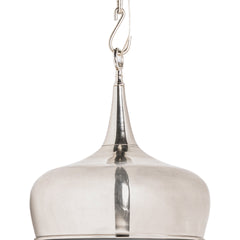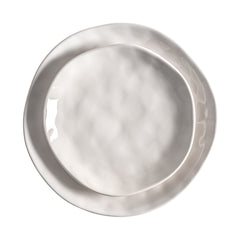The Surprising Health Benefits of Doodling
When we think of doodling, it’s easy to picture idle squiggles in the margins of notebooks or abstract sketches made while daydreaming. Often dismissed as a distraction or a sign of boredom, doodling is actually a powerful tool for mental well-being, focus, and creativity. Recent research has uncovered that this simple, often unconscious activity offers a range of psychological and neurological benefits.
Here’s why you might want to pick up a pen and start doodling — guilt-free.
🧠 Boosts Focus and Improves Memory
Contrary to popular belief, doodling can actually enhance concentration. A well-known study published in Applied Cognitive Psychology found that participants who doodled while listening to a dull phone message recalled 29% more information than those who didn’t doodle. Why? Because doodling helps keep the mind lightly engaged, preventing it from drifting into deeper daydreams or distractions.
🧘 Reduces Stress and Anxiety
Doodling is a form of active meditation. Its repetitive, low-pressure nature calms the mind and body, helping to lower stress levels. Engaging in doodling can trigger the brain's relaxation response, reducing levels of the stress hormone cortisol. Like coloring or knitting, it allows you to enter a flow state — that satisfying feeling of being fully absorbed in the moment.
💡 Unlocks Creativity
When you doodle, you're activating your brain’s default mode network, the system involved in imagination, self-reflection, and creative thinking. By letting your hand move freely, ideas that were just below the surface can emerge. Many people report having their best ideas while sketching mindlessly — it’s no coincidence.
🔄 Helps Process Emotions
Not all expression needs to be verbal. Doodling provides a non-threatening way to express thoughts and emotions, especially when they’re hard to put into words. The shapes, patterns, or figures that emerge can reflect your subconscious thoughts, making it a useful emotional outlet.
🧩 Enhances Learning and Cognitive Processing
Doodling isn't just about drawing — it's also about thinking with your hands. When you doodle while learning, you engage both the motor and visual parts of your brain. This dual engagement helps you process information more deeply, retain it better, and understand complex ideas with more clarity.
👁️ Cultivates Mindfulness
In a fast-paced digital world, doodling offers a chance to slow down. It demands just enough focus to anchor you in the present, making it a surprisingly effective mindfulness practice. The rhythmic motion of sketching lines and shapes promotes awareness without pressure or perfectionism.
👵 Keeps the Brain Young
Creative activities like doodling may help protect cognitive health as we age. They stimulate the brain in unique ways, encouraging both analytical and imaginative thinking. Keeping your brain active and engaged in this way can contribute to long-term mental agility and emotional resilience.
0 comments













